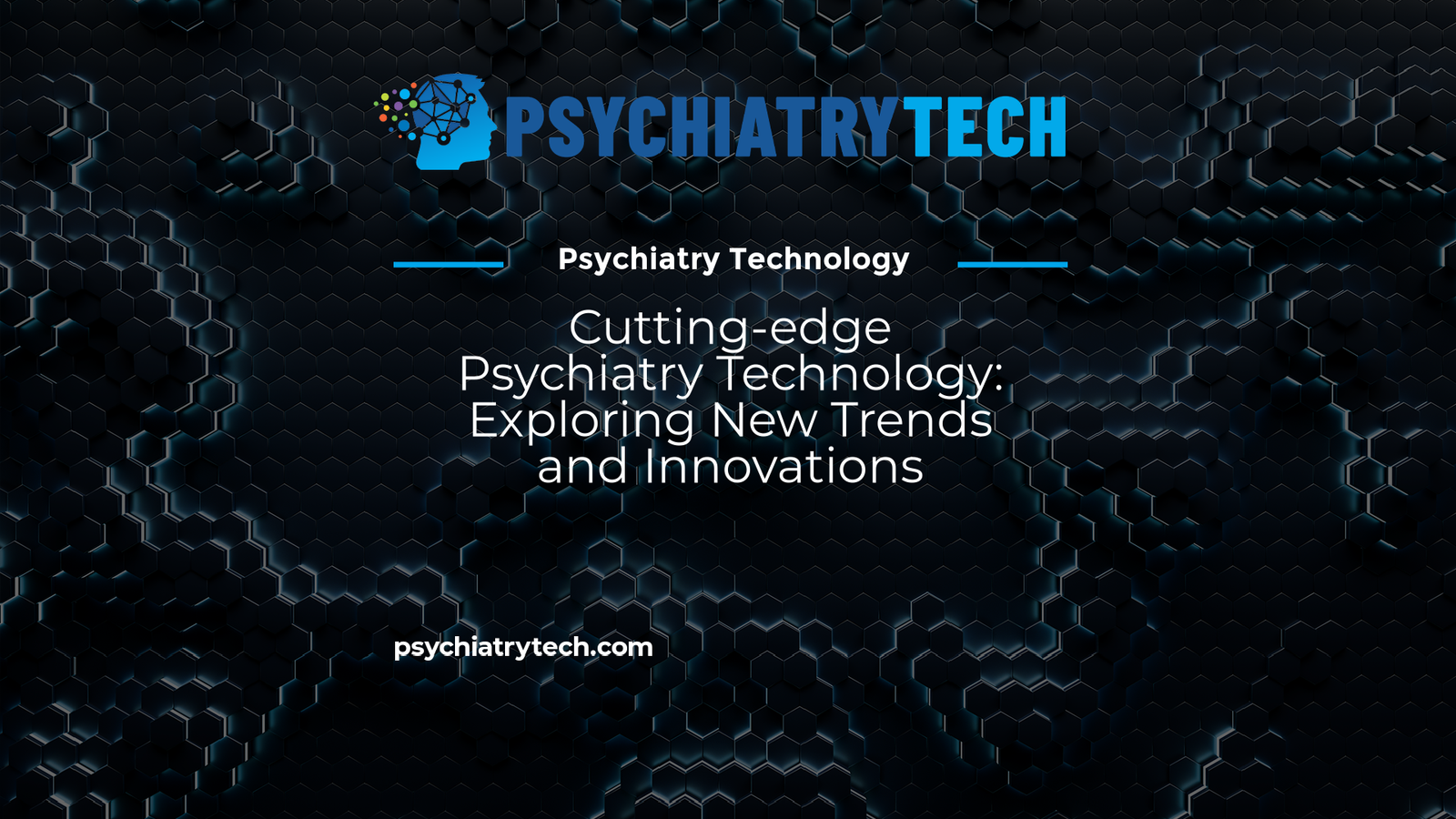Cutting-edge Psychiatry Technology: Exploring New Trends and Innovations
Over the last decade, psychiatry has seen rapid advancements and innovations in technology. In recent years, technology has become an essential tool in the practitioner’s tool belt. It is revolutionizing the way mental healthcare professionals deliver patient care.

Discover The World's MOST COMPREHENSIVE Mental Health Assessment Platform
Efficiently assess your patients for 80+ possible conditions with a single dynamic, intuitive mental health assessment. As low as $12 per patient per year.
The Rise of Telepsychiatry
Telepsychiatry is the use of technology to deliver psychiatric assessment and treatment. It had been steadily gaining momentum, and then the Covid-19 pandemic accelerated the trend. Telepsychiatry makes it possible for mental healthcare providers to provide care remotely. It removes the need for transportation, removes location barriers, and improves access to care.
Mental Health Apps
Mobile applications have been developed to assist individuals in taking control of their mental well-being. Mental health applications have various features such as mood tracking, cognitive-behavioral therapy exercises, mindfulness and meditation exercises, and breathing exercises. The apps offer users a sense of empowerment by providing them with a tool they can use to manage their mental health proactively.
Virtual Reality
Virtual reality has recently emerged as a tool for treating mental health disorders. Studies have shown that virtual reality can be used to treat post-traumatic stress disorder, depression, and anxiety disorders. VR allows patients to face their fears in a controlled, safe, and supportive context. It’s immersive and has been found to be more effective than traditional therapeutic methods.
AI in Psychiatry
Artificial intelligence has taken the mental health industry by storm. It’s proving to be a valuable tool for diagnosing and treating mental health disorders. AI algorithms can help predict patient outcomes and analyze patient data. AI has also been found to help accurately identify mental health disorders by analyzing patient data.
Big Data Analytics
Big data analytics is transforming mental healthcare. It helps mental healthcare professionals to monitor trends and patterns in patient data in real-time. Big data analytics also helps mental healthcare professionals to detect potential issues before they become challenging. It enables personalized treatment plans for patients, improves patient outcomes, and reduces costs.
Mental Health Wearables
Mental health wearables are relatively new in the market. It offers doctors a new way of monitoring their patients’ mental health. Mental health wearables can detect a patient’s vital signs, sleep patterns, and record and analyze their breathing. The data gathered can give doctors insight into their patient’s mental state, allowing them to adjust their treatment plan if necessary.
Conclusion
The integration of technology into psychiatry is not stopping anytime soon. Psychiatry practitioners are continually exploring new ways of utilizing technology to improve patient outcomes. Technology offers mental healthcare professionals the tools to monitor, diagnose, and treat patients. It has widened the accessibility to care, improved outcomes, and reduced costs for patients.
Closing Questions
What are your thoughts and experiences with tech in mental health? Do you believe technology represents the future of mental healthcare, or do you see limits in its application? Share your insights in the comments below.

